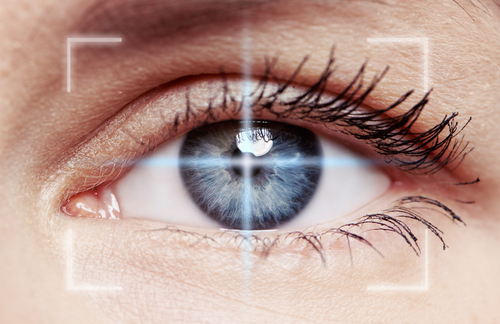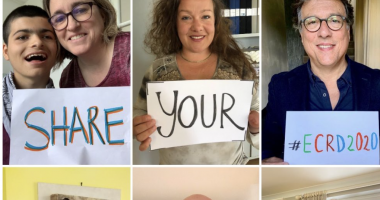Gene Therapy GS010 Is Safe, Well Tolerated by LHON Patients in Phase 1/2 Trial

Phase 1/2 trial long-term clinical data on GS010 showed that it is safe and can improve visual acuity in patients with Leber hereditary optic neuropathy (LHON), a mitochondrial disease that affects the eyes.
Although the trial (NCT02064569) had not been designed or powered to assess the effectiveness of the gene therapy, interim results revealed that a single administration could significantly improve visual capacity in six of 14 treated patients.
The safety and early efficacy results of the trial were recently published in Ophthalmology, the journal of the American Academy of Ophthalmology. The study was titled “Safety of rAAV2/2-ND4 Gene Therapy for Leber Hereditary Optic Neuropathy.”
“This first-ever scientific publication of clinical data with GS010 is a major step forward for patients afflicted with LHON – a blinding disease affecting those in the prime of their life,” Dr. Catherine Vignal, MD, principal investigator of the study and chief of the Department of Ophthalmology at the Rothschild Foundation Hospital in Paris, said in a press release.
“If these promising results are confirmed in the ongoing Phase 3 studies, GS010 would offer a meaningful and life-changing therapy for those so afflicted and become the standard of care for LHON,” she said.
GS010 is a gene therapy designed by GenSight Biologics to deliver the correct version of the mitochondrial gene ND4 in the eyes. The faulty version of this gene is the cause of about 70% of LHON cases.
In the Phase 1/2 trial, four different doses of GS010 were tested in 15 patients previously identified as carriers of the G11778A variant of the ND4 gene.
The therapy was administrated by injection directly in the worse-seeing eye of each participant. All patients were followed for 48 weeks, with an additional four years of long-term follow-up.
Safety data collected 96 weeks after treatment revealed no treatment or procedure-related serious adverse events, with a safety and tolerability profile similar to previous reports. About 94% of adverse events were mild in severity and manageable. The most common adverse events were intraocular inflammation and elevated intraocular pressure.
Part of these results will be presented at the upcoming 44th Annual Meeting of the North American Neuro-Ophthalmology Society (NANOS) March 3-8 in Big Island, Hawaii. GenSight will also present these results at the Association for Research in Vision and Ophthalmology (ARVO) 2018 Annual Meeting April 29 to May 3 in Honolulu, Hawaii.
GenSight Biologics is conducting two Phase 3 trials, RESCUE (NCT02652767) and REVERSE (NCT02652780), to assess the effectiveness of GS010 in patients with LHON due to the ND4 mutation.
The trials are running at the same time, with a total of 73 LHON patients enrolled at seven centers in the U.S., the U.K., France, Germany, and Italy. Topline results of the REVERSE and RESCUE trials are expected in April and in the third quarter of 2018, respectively.






